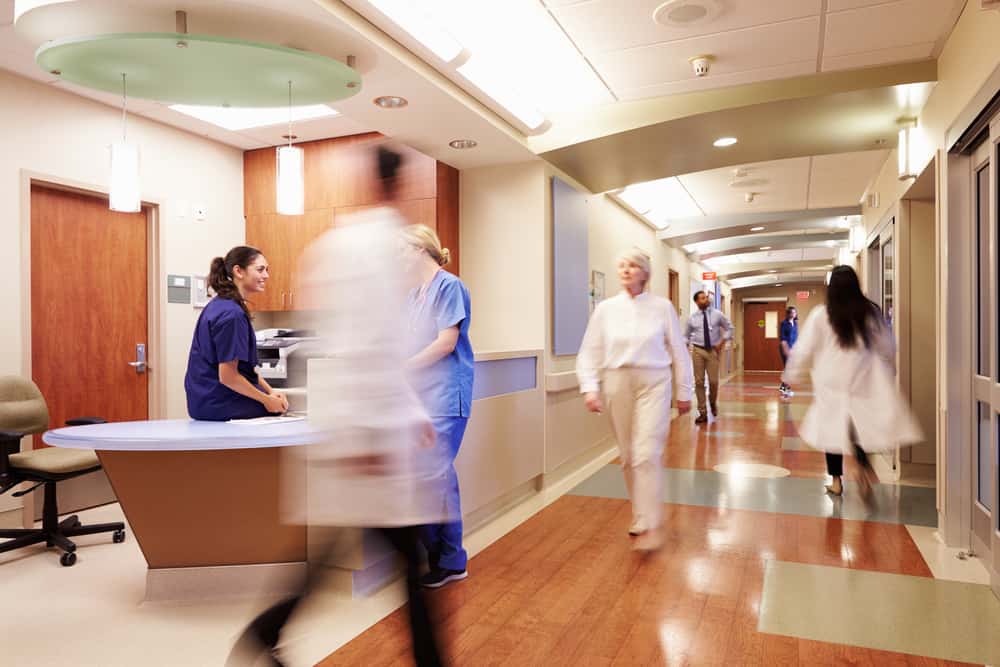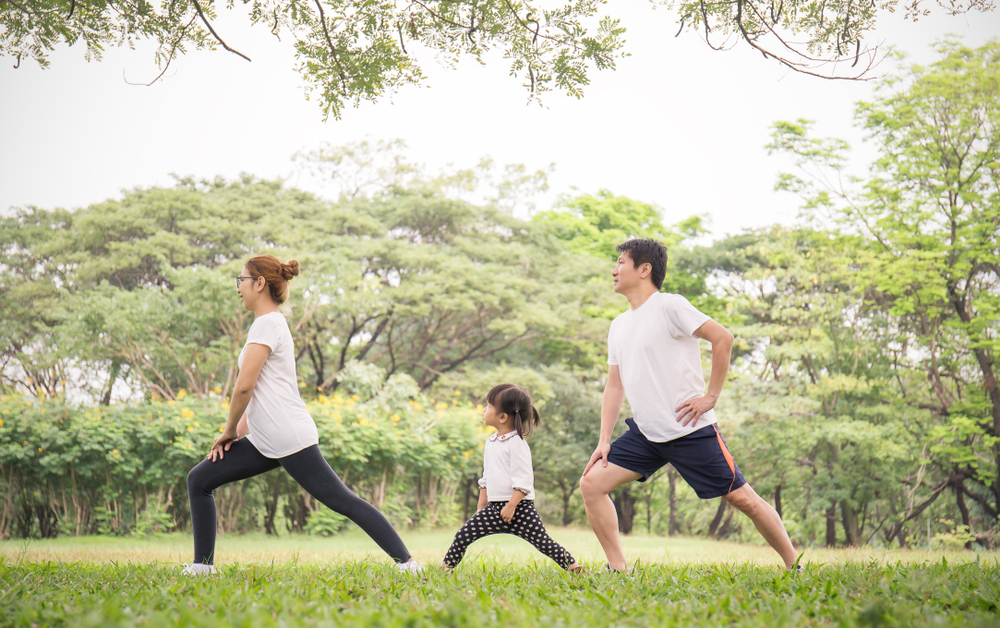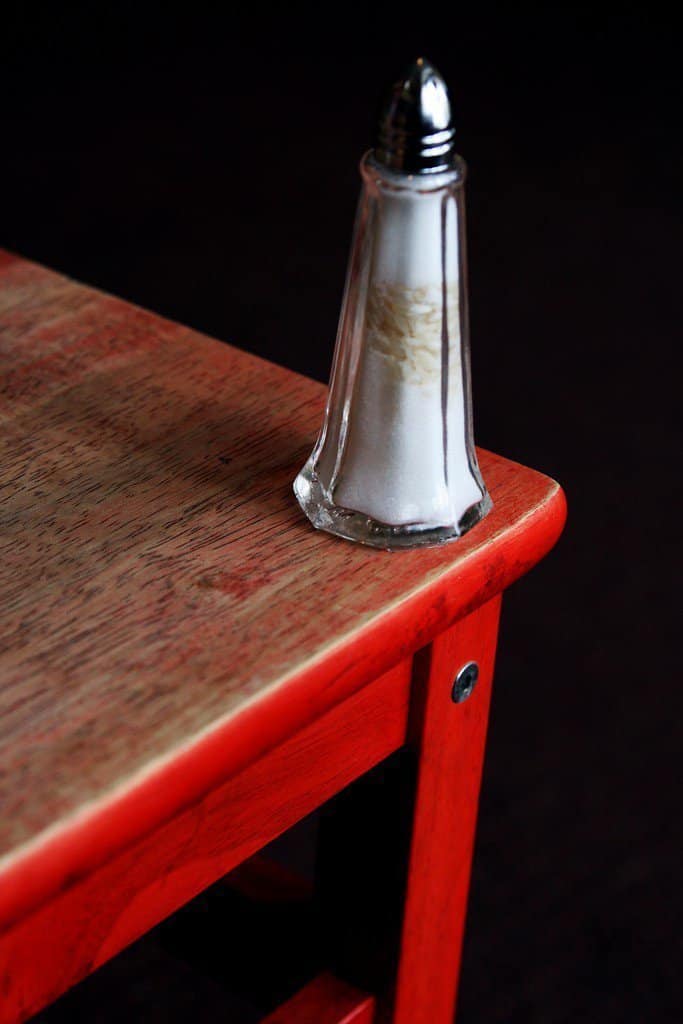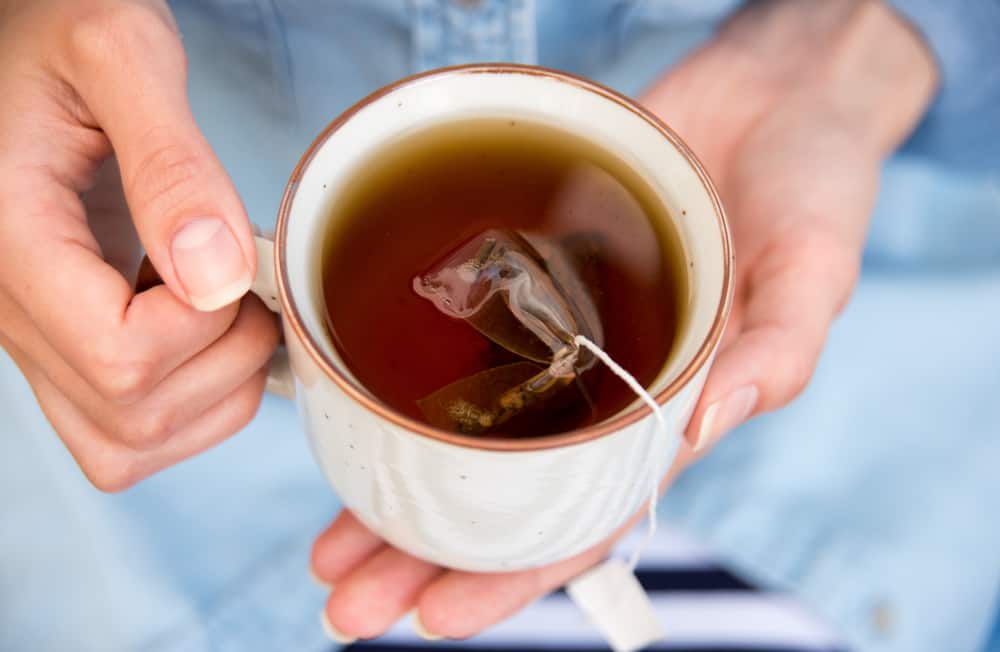Contents:
- Medical Video: RDR2 Good Arthur vs Bad Arthur Doctor & Diagnosis - Red Dead Redemption 2 PS4 Pro
- Having contracted a disease in a hospital even though it was only visiting relatives or just checking up, how come?
- Who is at risk for nosocomial infections?
- Tips to prevent contracting the disease in the hospital
Medical Video: RDR2 Good Arthur vs Bad Arthur Doctor & Diagnosis - Red Dead Redemption 2 PS4 Pro
You might never have thought that you could contract the disease when visiting a hospital. However, this might happen if we are not careful.Take it easy, this article will give tips so that you remain safe and avoid the risk of contracting the disease in the hospital.
Having contracted a disease in a hospital even though it was only visiting relatives or just checking up, how come?
The spread of infectious diseases in hospitals and other health care institutions is referred to as nosocomial infections or often also referred to as hospital infections. There is also one other term that describes the transmission of new diseases in hospitalized patients, namelyhospital acquired infection (HI). What becomes the next question, how come, is it, contracting the disease in the hospital? Isn't the hospital the most sterile (supposed) place for viruses and disease-causing germs?
All hospitals basically have procedures for controlling and preventing the spread of infection, and every staff working there will be required to implement every precaution to avoid infection. However, the risk of infection is never completely avoidable. Although it seems clean and sterile, the hospital is actually an ideal nest for many infectious diseases that lurk every visitor.
Bacteria, fungi and viruses spread mainly through person-to-person contact. Cases of contracting hospital illness also arise when there is involvement of dirty hands, and medical equipment such as catheters, breathing machines, and other hospital equipment. That is why the most common and vulnerable spread of infection occurs in the intensive care unit (ICU), the emergency unit (ER), and the ward where doctors treat patients with serious illnesses.
Who is at risk for nosocomial infections?
Some common diseases that spread in the hospital area are blood flow infections (caused byS. aureus),surgical wound infections, urinary tract infections (UTI), kidney infections, and respiratory infections.
In general, everyone who visits often hospital and amenities health others risky for contracting the disease in the hospital. It is estimated that around 1 in 10 people who visit the hospital will contract certain infections.
However, some people have a higher risk of contracting nosocomial infections than others.Your risk for contracting can also increase if:
- Undergoing one-room hospitalization with other people who are at risk of transmitting nosocomial infections.
- Taking antibiotics for a long time.
- Weakened immune system.
- Being in the ICU for quite a long time.
- Using a urine catheter.
- Age go on, especially if more than 70 years.
- Experience coma or decreased consciousness.
A study states that ICU children have risks which are more high as a place spread of nosocomial infections, that is up to 6.1-29.6 percent. Then, almost 11% of 300 people undergo surgery usually too contracting a surgical wound infection (SSI).
Tips to prevent contracting the disease in the hospital
Always remember that it is better to prevent than cure. So before visiting the hospital or service amenities other health, it helps you know the right prevention methods so that you avoid the risk of contracting the disease in the hospital.
How:
- Maintain cleanliness by always washing hands before and after the hospital; before and after entering the hospital ward, and interact with patients when visiting; and before and after touching any medical equipment.
- Clean hands with alcohol spray.
- Wear appropriate equipment, such as headgear, mask, and gloves, if you want to enter certain spaces in the hospital.
- For inpatients:
- Try to use a catheter only when needed, and release when it's no longer needed.
- Consult your doctor when you experience new problems or symptoms while undergoing treatment at the hospital.
It's better soon notify doctor if you experience a complaint or symptom that is not related to your initial condition before coming to the hospital or undergoing hospitalization.












